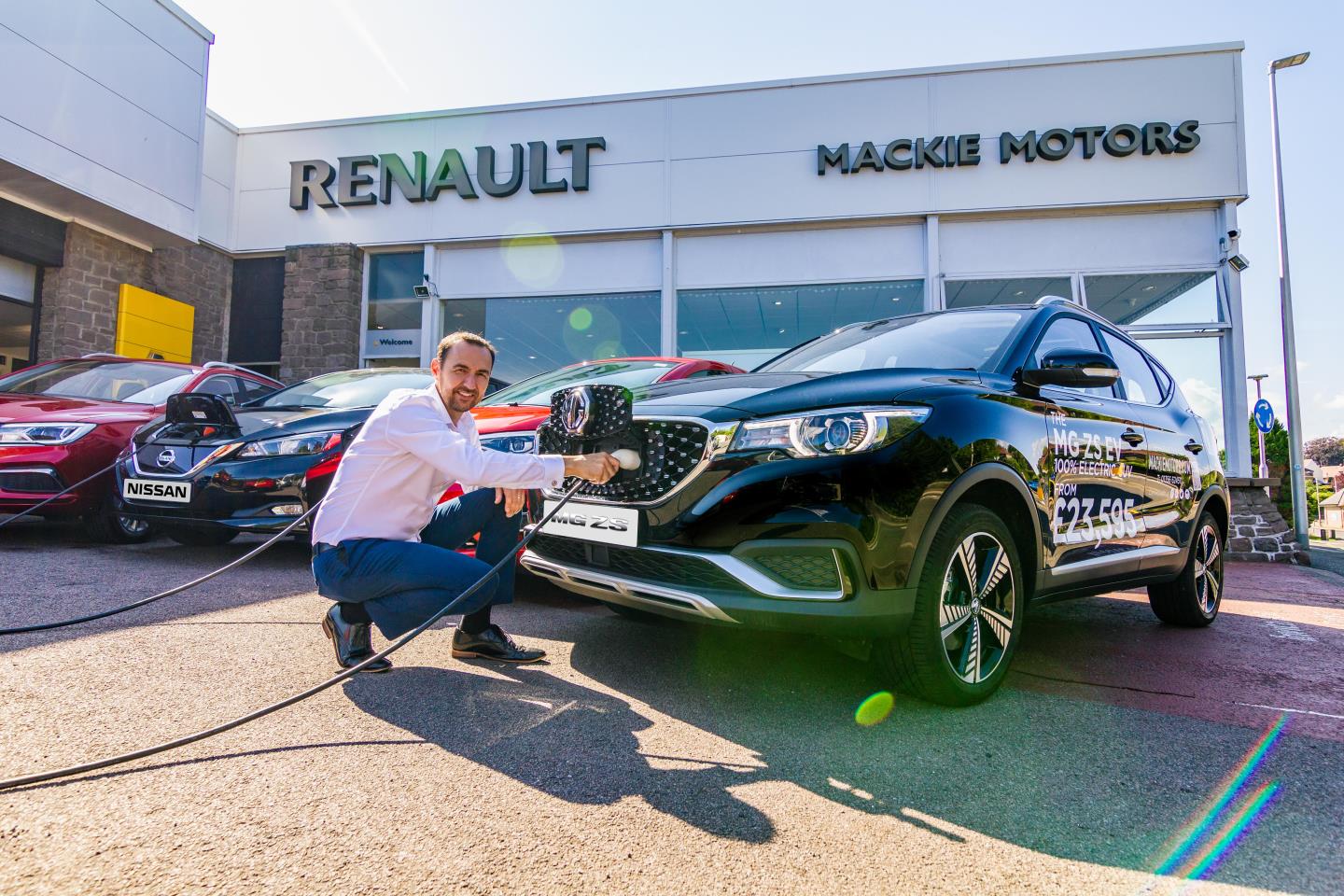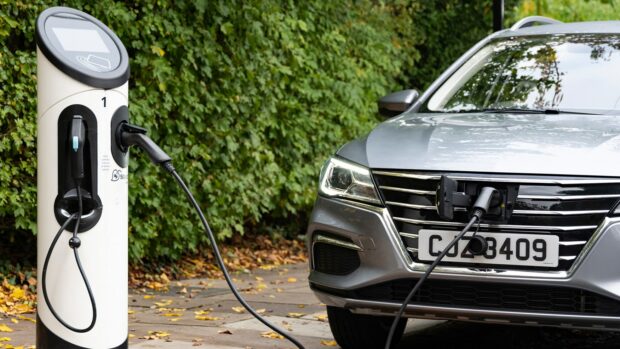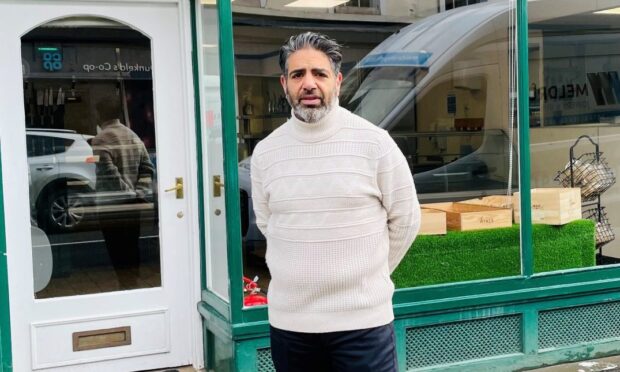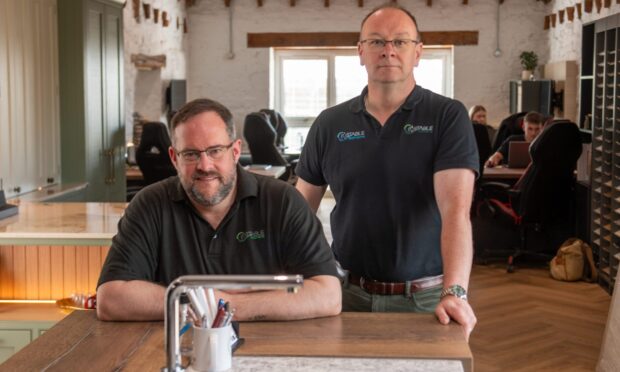Are you contemplating the purchase of an EV? Are you wondering if it really is worth it, or worried where and how you would charge it?
When it comes to electric cars, there are many questions.
That’s why we’ve teamed up with the EV experts over at Mackie Motors to tell you everything you need to know.
From their environmental advantages, to their impact on your wallet, read on to find out more…
Can you charge an EV at home?
Yes. Home charging kits/blocks are easily accessible to EV owners.
Home charging blocks cost roughly £500.
In Scotland, however, consumers can buy them for as low as £250 with the help of grants available from the Scottish government.
EVs also come with a three pronged wall plug, meaning you can actually charge your car from a normal socket inside your home.
This will take longer, however; you may need to leave it for as long as 12 hours to fully charge.

How much does it cost to charge an electric vehicle?
It depends on where and how you charge your vehicle and whether it is fully electric or hybrid.
Angus Council will be putting a tariff of 23p per kilowatt hour on the charging of EVs at public charging points from next quarter.
Most electricity providers will have a tariff specifically for electric car owners. If an EV owner receives that tariff, they can charge their vehicle overnight from home.
Home charging will cost roughly £2-£7 to charge a fully electric car and about 80p-£2.50 for a hybrid, depending on your tariff.
Judging from this, did you know that for an annual mileage of around 10,000 miles, switching to an EV could save you around £800 in fuel costs?
Free electric car charging
There are free charging opportunities – if you know where to go. Pod point, UK leaders in EV charging, have partnered with Tesco to provide free charging points at supermarket throughout Britain.
Many employers also offer free charging points to their employees as a benefit.
How long do EV batteries last?
The batteries in most EVs are warranted between 7-10 years.
Because they are lithium ion batteries, each charge cycle takes a bit out of it – just like a mobile phone – but most should last for at least 10 years.
Are all electric cars automatic?
Almost always. The reason being, most electric cars are single speed, so there is no need for a clutch to change gears, only a small, automatic gearbox to reverse.
Hybrid cars will use a gearbox, as the petrol engine still needs one, but this too is virtually always automatic.

Does an EV cost more than a car with a combustion engine?
Usually. However, there is a £2,500 grant available from the UK government to assist in the buying of all EVs and hybrids, which helps to offset the extra cost of buying an electric car.
Plus, as the technology is normalising, the price points of electric cars are coming down. Indeed, it’s no longer solely premium brands offering EVs.
MG are one of the entry level brands for electric cars. The MG 5 and the MG ZS EV, both available from Mackie Motors, are amongst the cheapest in Britain and, in a lot of cases, actually cost the same as a combustion engine vehicle from another brand.
Are electric vehicles really better for the environment?
Yes. Studies have shown that, even with the extra manufacturing procedures needed to produce EVs, they have 25% less impact on the environment than regular engine cars over entire lifespan, including the building process.
During the ownership of an EV, customers will save on their CO2 emissions and on both tax and fuel costs.
Do EVs pay road tax?
In the majority of cases, no. Fully electric cars, which produce zero grams of CO2 per kilometre, pay zero tax.
Hybrid cars, however, may still be required to pay road tax, depending on their CO2 emission levels.
For company car users, electric cars are currently only at 1% BIK. This means, for example, that a person on a £30,000 salary will only pay £5 per month for company car tax.
Mackie Motors: EVA accredited
Mackie Motors offers a very wide range of fully electric and hybrid cars Renault, MG, Dacia and Nissan, as well as charging points for the public and customers.
The team are confident they can cater to any and all customers’ needs, from super mini sized electric cars all the way up to full sized SUV EVs. Whatever electric car questions you have, they’ll have the answer at Mackie Motors.
The company also recently became accredited with the Electric Vehicle Approved (EVA) scheme, which is in partnership with Energy Savings Trust (EST).
Kevin Beavis of Mackie Motors explains: “We went through the rigorous process of being audited by EST and the government and we passed with flying colours.
“Both our sales and aftersales services are accredited and we are extremely proud of recognition we have received.”
For more information on EVs and the different models available, visit the Mackie Motors website.










